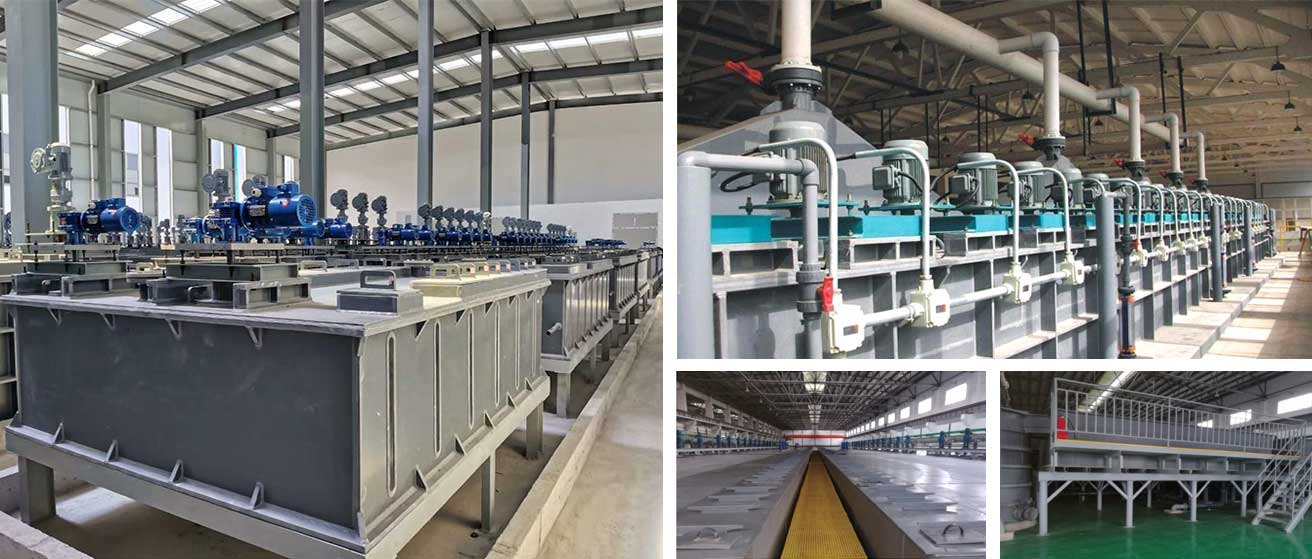The following properties of the liquid will directly affect the energy consumption of the mixer-settler:
Viscosity: The viscosity of a liquid determines its resistance to flow. High-viscosity liquids need to overcome greater resistance during mixing and settling, so the mixer-settler needs to consume more energy to promote liquid flow and mixing.
Density: The density of a liquid affects its movement state and mixing effect in the mixer-settler. Denser liquids may require greater stirring power or longer mixing, which increases the energy consumption of the mixer-settler.

Solid particle concentration: For liquids containing solid particles, the concentration of particles will directly affect the energy consumption of the mixer-settler. High concentrations of solid particles will increase the overall mass of the liquid and may cause friction and collisions between particles, thereby increasing the energy consumption of the mixer-settler.
Particle size distribution: The particle size distribution of solid particles in the liquid also affects the energy consumption of the
mixer-settler. Non-uniformity in particle size may result in uneven mixing, requiring longer stirring and settling times, which in turn increases energy consumption.
Chemical properties: The chemical properties of certain liquids, such as pH, corrosiveness, or flammability, may require special materials or protective measures for the mixer-settler. These additional requirements may also increase energy consumption or operating costs.
When designing and operating a mixer-settler, these factors need to be fully considered to optimize energy consumption and ensure normal operation of the equipment.
